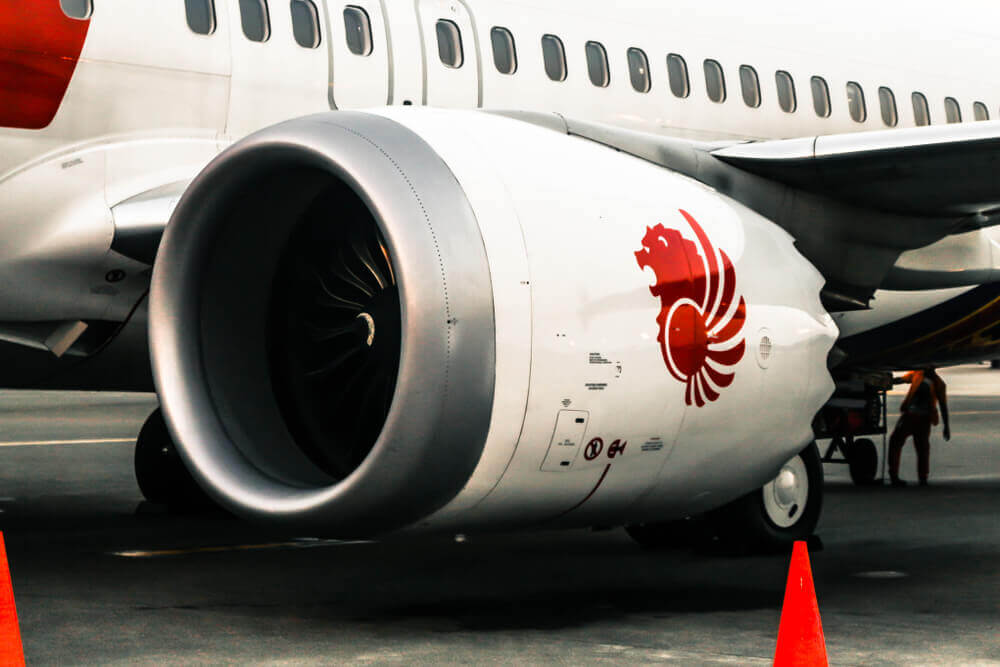The final findings by Indonesian investigators of the fatal Lion Air flight JT610 crash causes are expected to be published in October 2019. In their final report, the investigators will be more critical of Boeing and the role of MAX software systems malfunction in the accident than they were when writing the preliminary report, media reports suggest.
The official report into Lion Air JT610 accident, in which 189 people were killed in October 2018, is expected to be released the following month. Its conclusions, however, might be favourable neither for Boeing, nor for the FAA. While it will identify a series of pilot and maintenance mistakes, design flaws and U.S. regulatory oversight lapses will be deemed as having “played a central role” in the crash, according to the Washington Post publication on September 22, 2019, which quotes people familiar with the matter.
Indonesian authorities have released the preliminary report of the accident in November 2018. The preliminary findings revealed that the aircraft that downed on October 29 had suffered similar problems the prior day. Thus, the report looked into detail at Lion Air pilots’ behavior and maintenance practises.
The authorities found that pilots of the fatal flight struggled to control, as it is now known, the MCAS system, with was automatically pushing the aircraft nose down. The report also stated that aircraft Angle of Attack sensors indicated different altitudes. The difference between right and left sensors indications was approximately 20°.
The report included safety recommendations, specifically addressed to Lion Air. Referring to the CASR Part 91.7 Civil Aircraft Airworthiness and the Operation Manual part A subchapter 1.4.2, the report outlined that “the pilot in command shall discontinue the flight when unairworthy mechanical, electrical, or structural conditions occur”. The authorities also recommended Lion Air to “improve the safety culture and to enable the pilot to make proper decision to continue the flight.
While the report acknowledged Boeing’s Flight Crew Operation Manual Bulletin (OMB), issued to operators after the crash, no additional safety recommendations were addressed to the aircraft manufacturer at the time.
Contrary to Indonesian investigators, Ethiopian authorities, that investigated Ethiopian Airlines flight ET302 crash in March 2019, focused on the MAX in their preliminary report.
“Ethiopian Airlines pilots followed all the correct procedures that Boeing offered to airlines following the Lion Air Flight JT610 accident,” the publicly announced in April 2019. “However, even when following the guidance of the manual issued by Boeing, pilots could not stop the nose of the plane going down”.
The preliminary report by Ethiopian investigators also had some safety recommendations, but both of them were addressed to Boeing, rather than the airline. It was recommended that Boeing reviews the flight control system related to the ability to properly control the flight. Also, Ethiopian investigators urged aviation authorities have to properly review the changes to the flight control system made by Boeing before clearing MAX to fly again.
